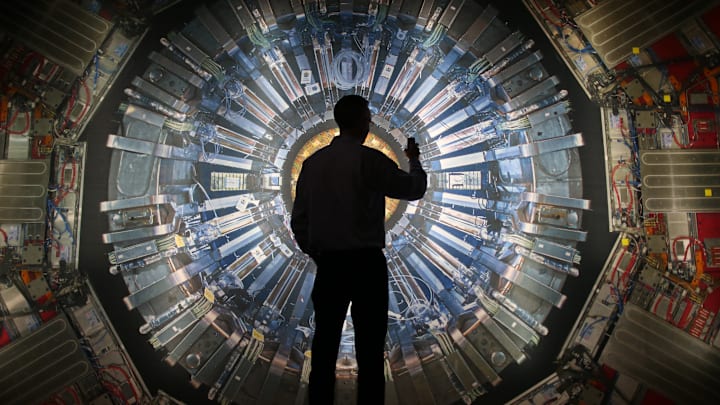Can Technology Exist Without Science?

When we think about technology, it’s easy to picture sleek gadgets, groundbreaking apps, or the next big thing that makes life more convenient. But lurking in the background is the quiet giant that fuels it all—science. That got me wondering: could technology exist without science? It’s a question that feels like unraveling a chicken-and-egg situation. Let’s dive in.
The Interwoven Nature Of Science And Technology
Science and technology often seem like inseparable twins. Science lays down the groundwork—those fundamental principles of how the world works. Technology, on the other hand, takes those principles and applies them to create tools, machines, or processes.
For instance, think about electricity. The science behind it—understanding how electrons move and generate power—gave rise to the technology of electric bulbs, phones, and the internet. Without that foundational knowledge, we wouldn’t have these life-changing inventions.
Could Technology Be Purely Trial-And-Error?
Some might argue that ancient civilizations developed incredible technology without what we’d recognize as formal science. Take the Great Pyramids of Egypt or Roman aqueducts. Those achievements weren’t driven by scientific laboratories but by observation, experimentation, and a lot of trial and error.
This raises an interesting point: technology doesn’t always need deep scientific understanding to emerge. People figured out that mixing certain metals created bronze, long before they understood chemistry. Necessity really was the mother of invention back then.
But Can That Sustain Innovation?
While trial-and-error methods worked for ancient innovations, they lack the precision and depth we rely on today. Could we have developed vaccines, satellites, or AI without the scientific method? Probably not. Science accelerates the process, cutting down the guesswork. It helps us make leaps rather than baby steps.
Imagine trying to design a smartphone by pure guesswork. Without the principles of physics, electronics, and computer science, we’d still be fumbling in the dark—or maybe still sending messages by carrier pigeon!
The Influence Of Science-Free Technology
Let’s not forget the “science-free” technologies that do exist. Traditional crafts, for example, often stem from hands-on knowledge passed down through generations. Think weaving, pottery, or cooking. These forms of technology have thrived without needing to understand molecular structures or thermodynamics.
However, even these practices eventually intersect with science. For instance, modern chefs use food chemistry to perfect recipes, while artisans explore material science to enhance their crafts.
A Symbiotic Relationship
Ultimately, science and technology have a symbiotic relationship. Science might uncover knowledge without immediate practical use—think quantum mechanics in the early 1900s. But decades later, this knowledge enabled revolutionary technologies like transistors and, eventually, smartphones.
Similarly, technology can drive scientific discovery. Telescopes and microscopes, both technological marvels, allow us to explore the universe and the microscopic world, expanding our scientific understanding.
Final Thoughts
So, can technology exist without science? In the most basic, rudimentary sense, yes. Humanity has a history of tinkering its way into creating tools and solutions. But in our modern world, the two are so deeply intertwined that imagining one without the other feels almost impossible.
Science feeds technology with knowledge, and technology, in turn, equips science with tools. Together, they form a loop of innovation that keeps humanity moving forward. And honestly? I wouldn’t want it any other way.